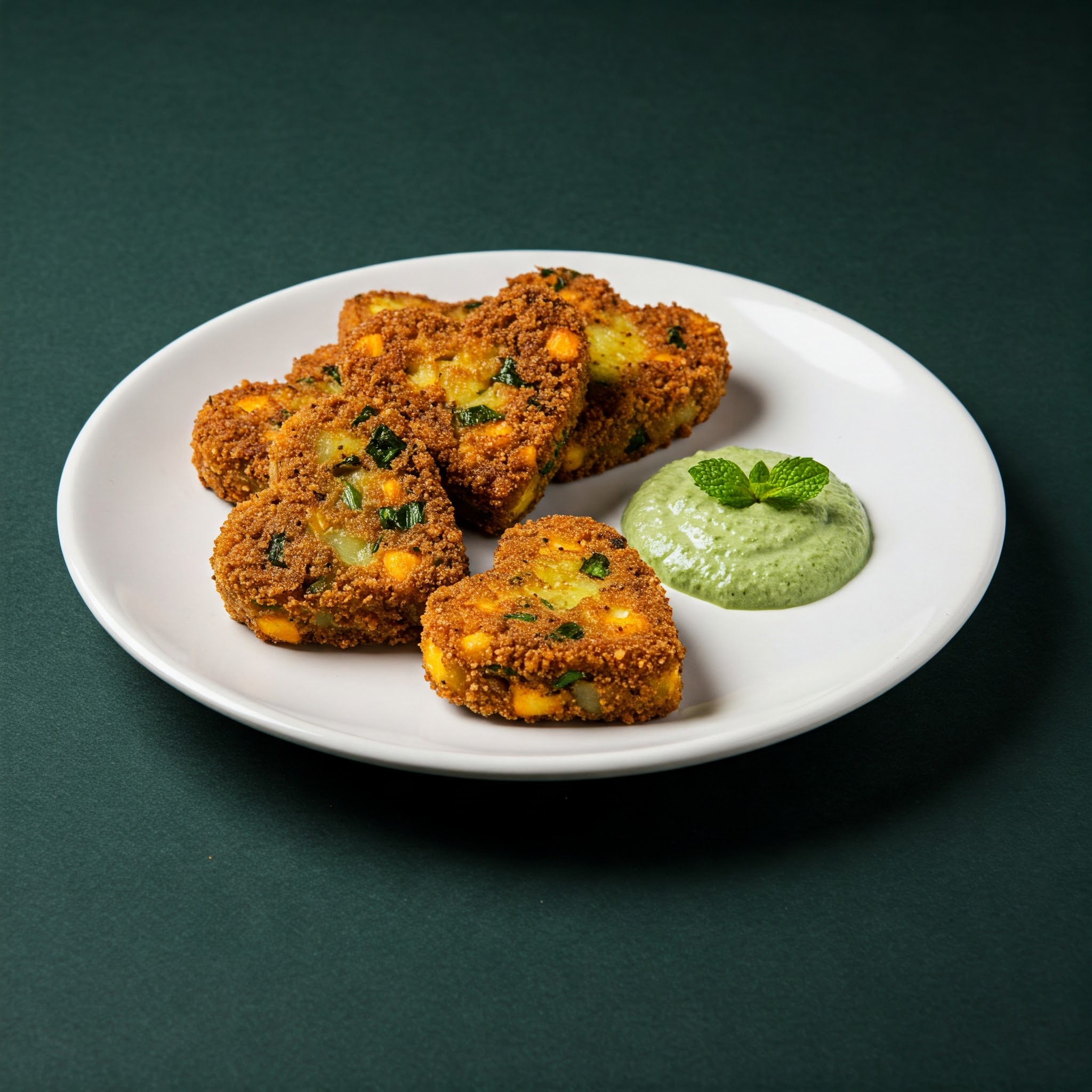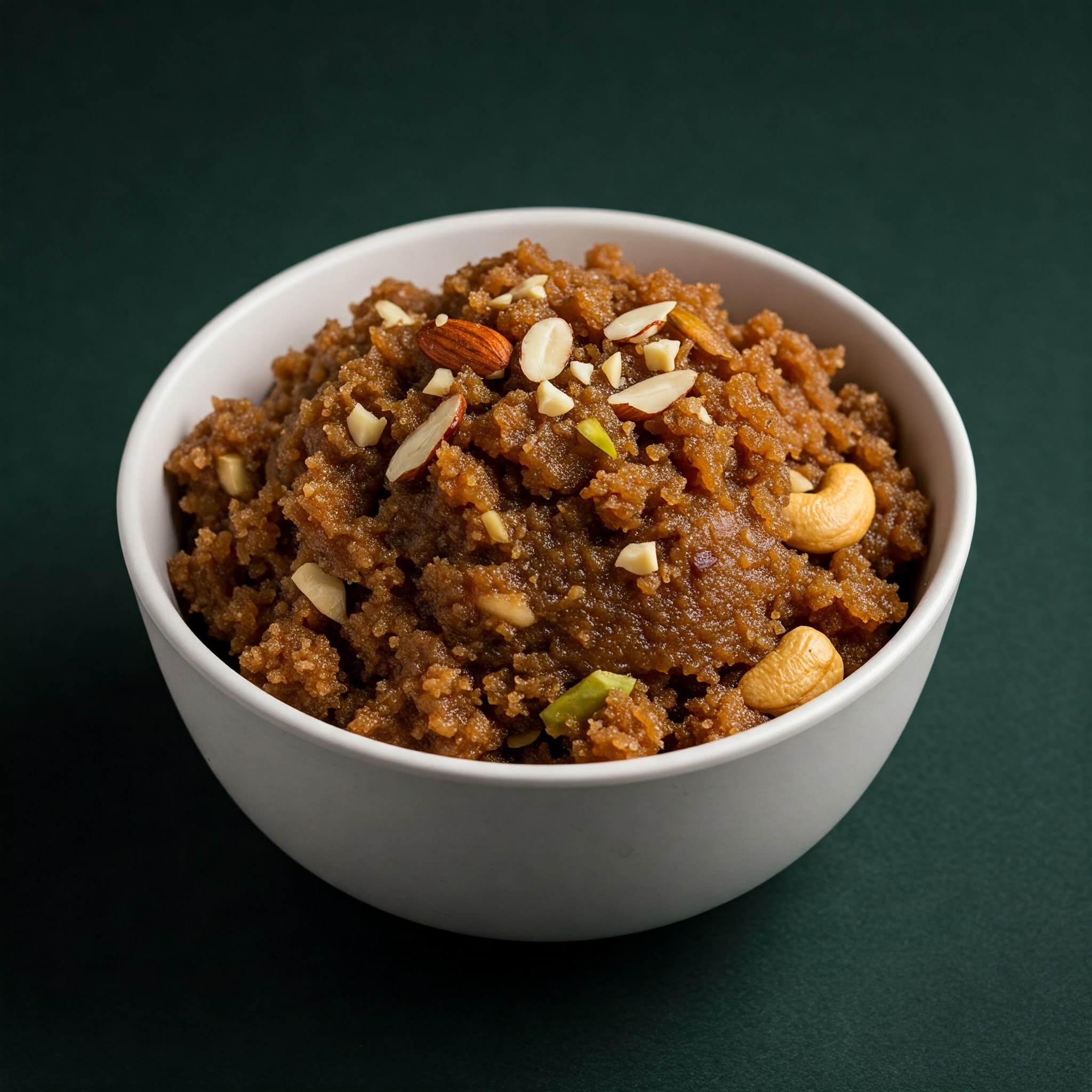Beetroot (चुकंदर)
chukandar

About Beetroot
Nature's Ruby: The Allure of Beetroot
In the lush gardens of India, where colors dance and flavors sing, beetroot emerges as a magnificent gem, its deep crimson hue captivating the senses. This root vegetable is not just a feast for the eyes; it embodies a treasure trove of nutrients, bursting with health benefits that nourish both body and soul.
Rich in antioxidants and vitamins, beetroot is celebrated for its ability to enhance stamina, support heart health, and promote glowing skin. Its earthy, sweet flavor adds a unique depth to dishes, transforming everyday meals into culinary masterpieces. Imagine the joy of savoring a warm beetroot halwa, or a vibrant salad that sings with freshness and vitality. The versatility of beetroot allows it to shine in both traditional recipes and innovative creations, bridging the gap between age-old practices and modern cuisine.
In Indian households, beetroot is cherished not only for its taste but also for its ability to connect generations. It’s a staple in festive dishes, a symbol of health and prosperity. Its vibrant color can elevate any plate, making meals not just nourishing but visually delightful. Avoid beetroot if suffering from Diabetes
To Include Beetroot in your daily menu, log on to planmeal This automatic meal planner will help you seamlessly incorporate this nutritional powerhouse into your diet, ensuring that every meal is both healthy and satisfying.
So, let the charm of beetroot grace your table, reminding you that nature’s bounty offers both beauty and nourishment.
Color your plate, nourish your soul!
.
In Indian Ayurveda, beetroot is valued for its numerous health benefits. It is considered a cooling vegetable that helps balance Pitta dosha. Rich in nutrients, beetroot supports detoxification, improves digestion, and enhances blood circulation. Its high antioxidant content also promotes overall health and vitality.
In home remedies, beetroot is often used to boost hemoglobin levels and improve skin health. Beetroot juice is recommended for enhancing energy and stamina, while a paste made from beetroot can be applied to the skin to treat blemishes and promote a healthy glow. Overall, beetroot is a versatile ingredient in both Ayurvedic practices and everyday wellness.
How to Store Beetroot
To store beetroot, start by trimming the greens, leaving about an inch of the stems to prevent moisture loss. Rinse the beetroots under cool water to remove dirt, but avoid scrubbing too hard to prevent skin damage. Place the beetroots in a perforated plastic bag to allow airflow and keep them fresh in the refrigerator’s vegetable crisper. Ensure they are dry before storing to reduce the risk of mold. If you have cooked beetroot, store it in an airtight container in the fridge and consume it within 3-5 days for optimal freshness.
Shelf Life of Beetroot
Fresh beetroot can last about 1-2 weeks in the refrigerator when stored properly in a perforated plastic bag. Cooked beetroot stays good for 3-5 days in the fridge. Dried beetroot can last several months.
How to Check Beetroot Before Buying
When buying beetroot from a local vendor, start by examining the skin; it should be smooth, firm, and free from blemishes or soft spots. Look for vibrant color, which indicates freshness. The leaves, if attached, should be bright green and crisp, not wilted or yellowing. Gently squeeze the beetroot; it should feel firm, not mushy.
As for purchasing in bulk, it's advisable only if you plan to use them quickly, as fresh beetroot can last about one to two weeks in the refrigerator. If you buy in bulk, ensure proper storage by keeping them in a cool, dark place or in the vegetable crisper of your fridge, wrapped in a perforated plastic bag. For long-term storage, consider cooking and freezing portions. Always prioritize freshness to enjoy the best flavor and nutritional benefits.
Explore
Explore our services and take your business to the next level.
Recent Posts

Paneer Potato and Kuttu Cutlets are the perfect addition to your weekly meal pla...

Bajra Khichdi is a wholesome, nutrient-packed meal perfect for your weekly menu....

Kuttu Ka Halwa is the perfect addition to a balanced weekly menu, offering a del...

Savor the warmth of Palak Dal Khichdi, a nourishing and comforting dish that bea...

Bajra Ladoo is a nutritious and delicious addition to your weekly meal plan. Mad...
Ready for a Healthier You?
Take control of your wellness! Get a customized meal plan that fits your lifestyle. It's time to eat smarter, feel better, and transform your life!
Get Your Plan Now!Already a member? Login and start now!
Nutrition Facts
Serving Size:
Servings Per Container: 1
| Amount Per Serving | ||
|---|---|---|
| Calories | 35.61 | |
| Fat | ||
| Saturated Fat | ||
| Trans Fat | ||
| Cholesterol | 0 | |
| Sodium | 69.44 | |
| Carbs | 6.18 | |
| Fiber | ||
| Sugar | 3 | |
| Protein | 1.6 | |
| VitaminD | ||
| Calcium | 17.28 | |
| Iron | .76 | |
| Potassium | 306 | |
* Percent Daily Values are based on a 2000 calorie diet.
* Percent Daily Values are based on a 2000 calorie diet.

